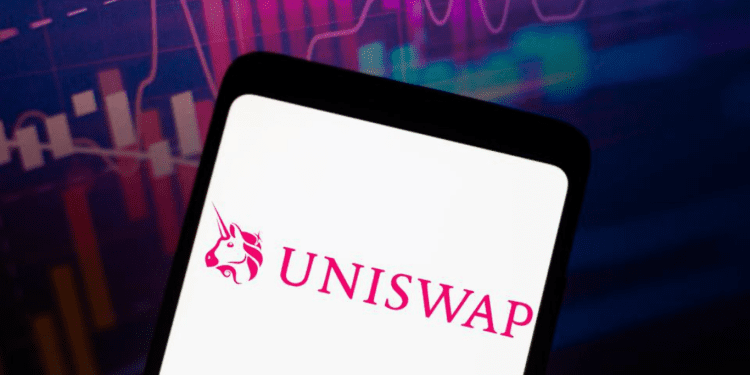- UniSwap Foundation and UniSwap Labs are working to dissolve the domain which hosts the fake UniSwap website.
- The hour-long Zoom meeting recording included individuals pretending to be UniSwap executives.
- Hayden Adams addressed the impersonation on the video and claimed it was nuts.
The CEO of UniSwap Labs was bewildered to have come across a scamming method involving his company to the extent of impersonating the firm’s executives and including Chinese community content in the scheme.
On June 2, Hayden Adams, the CEO of UniSwap protocol, disclosed that he was surprised to have witnessed a scamming scheme in the name of UniSwap. Adams took to Twitter to express his disbelief at the act, as he quoted a video recording of an hour-long Zoom meeting which showed several individuals pretending to be official members of UniSwap.
Adams stated that the scammers dedicated enough time and effort to creating this scam. The scammers had also built a fake UniSwap website with links that would direct unsuspecting victims to the official UniSwap app. In his tweet, Adams claimed not to have any relations with the scammers, debunking the scam and calling it “nuts.”
A Twitter user named ‘Roland in the arena’ initially posted the tweet about the scammers, to which Hayden Adams replied. According to Roland, the fake summit, dubbed “The first Uniswap Asian Summit,” was held in Shenzhen, China, and allegedly included the CEO of Uniswap as a Guest.
Upon seeing this sham and the videos posted online, the CEO said that the fraudsters had built a fork of the Uniswap website, and his team was working to take down the fake website. Adams clarified that neither Uniswap nor Uniswap Foundation members were involved in this scam.
Since the crypto community became aware of the news, Hayden Adams and his team have been working to dispel the existence of the fraudsters; the first step includes dismantling the pseudo website.
Uniswap DAO refuses to make protocol fees operational
On June 1, a proposal to charge Liquidity Providers (LPs) a percentage fee for every revenue earned from swaps was rejected by the DEX’s DAO (Decentralised Autonomous Organisation).
According to the proposal website, three polls were listed in which the voters were to express their choices. These polls included fee options for V3, initial deployment chain, and assets to be held in treasury.
However, 45.32% of the votes chose the “no fee” option, while 42.34% supported charging the LPs. The gap between the “no fee” votes and those supporting the protocol fees was small, and some speculated that the proposal might have been successful if the voters had chosen a certain amount the LPs would be charged.
Uniswap charges its traders between 0.01% to 1% of every swap, depending on what pool is used. These charges are given to the liquidity providers, while the token holders do not receive any fees.
Conclusion
Fraudsters have taken bold steps to promote their crimes, organizing a Zoom meeting with fake Uniswap executives and creating a website similar to the original crypto firm. The CEO, Hayden Adams, has affirmed that the company is working hard to remove scammers.














